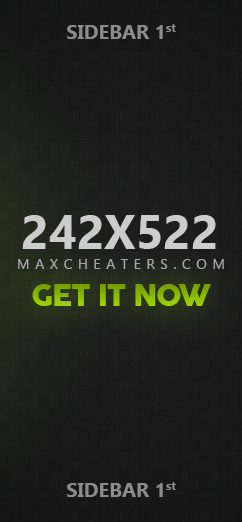[Tautorial]Warzone Photo Manipulation
-
Posts
-
MoMoProxy has updated more static residential proxies for USA location, anyone interested in can view: https://momoproxy.com/static-residential-proxies
-
By Banshee Garnet · Posted
Hello, i am selling a project that was going to open but at the end i have not the time to do it Its a c4 server ( scripts) with all the c5 changes played from Interlude Client the server is 1:1 copy of the legendary 2007 L2Revenge server with some bits like events and some more sync stuff There is a lot of retail fixes included , extender is vanganth and has a lot of mods but mostly fixes on the retail stuff. Test server is available through discord , i offer client/patch/server/sources The price is 300 Euro and for testing the server you have to pm me at discord banshee1019 , dont really wanna let anybody log because some people are "bad" Once you buy you also have free support for 1 year , that doesnt mean i will code all your ideas but support you if something comes up , and guide you to do simple edits -
By Constellation · Posted
✔ Attention! Be sure to follow the direct link on Telegram. The link is in the thread's first post. We do not have a channel, bot, etc. -
🎉 A New Era Begins The legend returns. 📅 Friday 13th ⏰ 21:00 GMT +2 ⚔️ L2Relic – Interlude (Pride Like) True oldschool gameplay, meaningful PvP, real progression. 📢 Server Opening Only skill, time and strategy matter. 🌐 Website: https://l2relic.org/ 💬 Discord: https://discord.com/invite/pNztuxHjkS
-
This is a bump: https://databay.com/
-
-
Topics










Recommended Posts
Create an account or sign in to comment
You need to be a member in order to leave a comment
Create an account
Sign up for a new account in our community. It's easy!
Register a new accountSign in
Already have an account? Sign in here.
Sign In Now